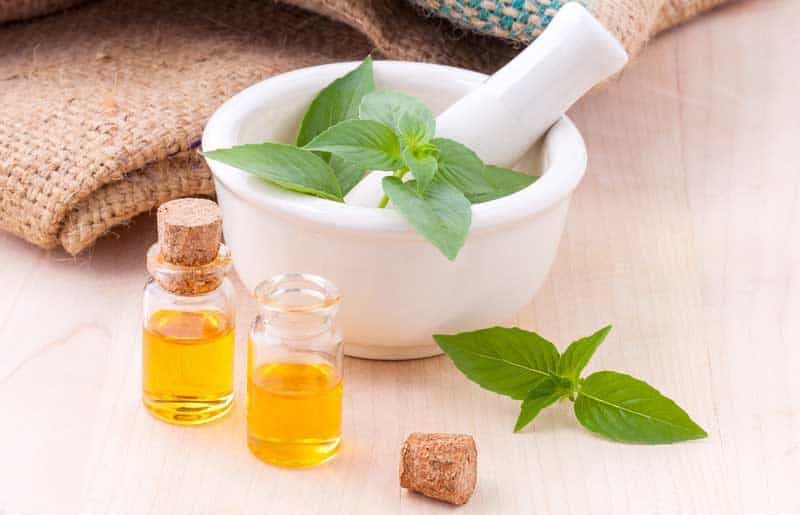Herbal massage therapy combines traditional massage techniques with the application of herbal remedies, typically in the form of oils, poultices, or compresses, to enhance relaxation, reduce pain, and promote healing. It draws from ancient practices, particularly in cultures like Thailand, India (Ayurveda), and China, where herbs have long been used for their therapeutic properties.
Key Elements:
-
Herbs Used: Common herbs include ginger, turmeric, lemongrass, eucalyptus, chamomile, and lavender, chosen for their anti-inflammatory, analgesic, or calming effects. For example, ginger warms muscles, while lavender soothes stress.
-
Application: Herbs are often infused into oils or wrapped in cloth (as in Thai herbal compress massage) and applied during the massage. The heat from compresses or warm oils helps herbs penetrate the skin, boosting circulation and muscle relaxation.
-
Techniques: Varies by tradition—Thai herbal massage uses compresses with rhythmic pressing, while Ayurvedic massage (like Abhyanga) involves warm herbal oils with long, flowing strokes.
-
Benefits:
-
Relieves muscle tension and joint pain.
-
Reduces stress and anxiety through aromatherapy and touch.
-
Improves circulation and detoxifies the body.
-
May aid skin health due to herbal properties.
-
-
Cultural Variations:
-
Thai Luk Pra Kob: Uses a steamed herbal compress (containing lemongrass, turmeric, etc.) pressed along energy lines.
-
Ayurvedic Massage: Employs oils infused with herbs like ashwagandha or neem, tailored to one’s dosha (body type).
-
Chinese Tui Na: May incorporate herbal liniments for pain relief.
-
Considerations:
-
Allergies: Ensure you’re not allergic to herbs used (e.g., eucalyptus can irritate sensitive skin).
-
Therapist Expertise: Seek trained practitioners, as improper herb selection or application can reduce effectiveness or cause discomfort.
-
Evidence: While anecdotal benefits are widely reported, scientific studies are limited. Some research supports herbs like turmeric for inflammation, but massage outcomes vary by individual.
-
Cost: Prices range from $50-$150 per session, depending on location and duration (typically 60-90 minutes).
If you’re seeking a specific type (e.g., Thai vs. Ayurvedic) or have a condition in mind (like chronic pain), I can dig deeper. Alternatively, I could search for local practitioners or recent discussions on X about herbal massage—let me know what you need!

